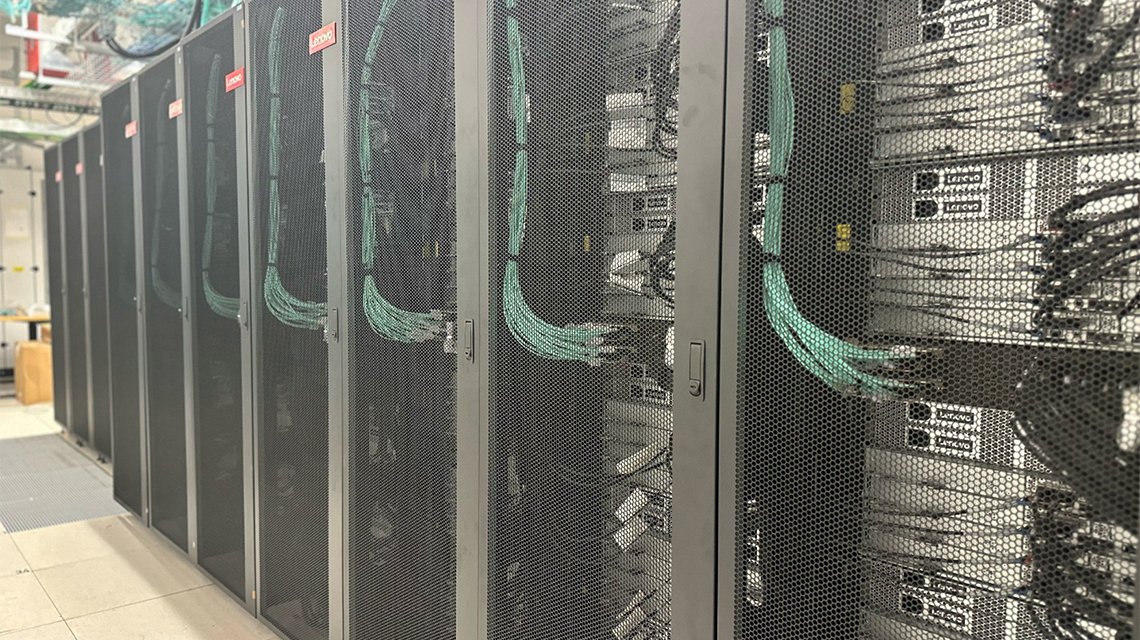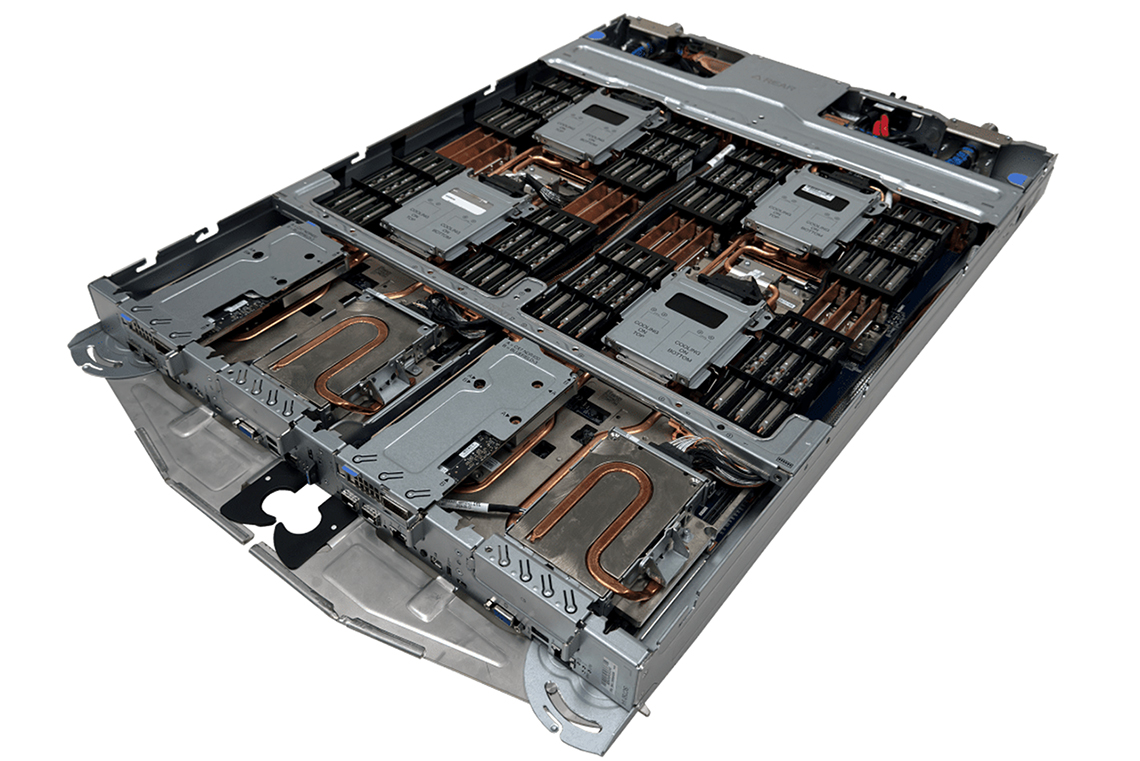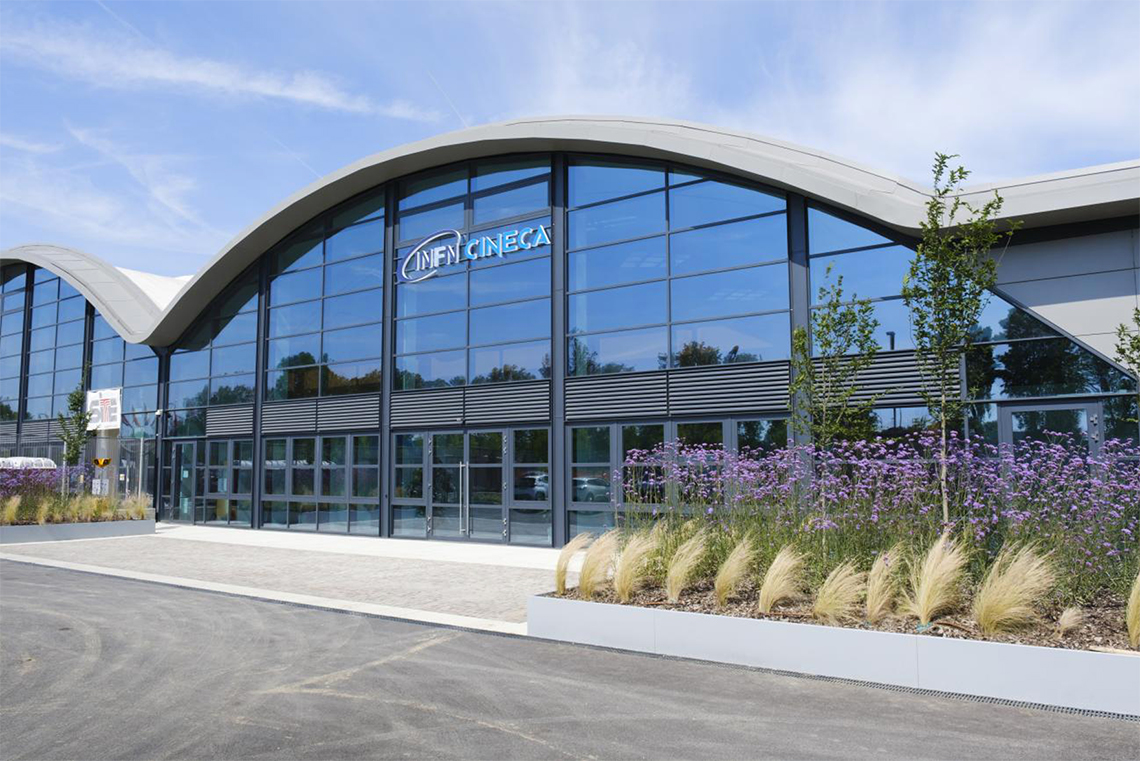Italian National Agency for New Technologies, Energy and Sustainable Economic Development

IT: CINECA, ENEA and EUROfusion choose the Lenovo supercomputer to boost fusion energy research in Italy
The new system will be called Pitagora and will become part of the Bologna Tecnopolo ecosystem, becoming one of the top 50 supercomputers in the world. It will be able to perform approximately 55 million billion operations per second with maximum energy efficiency thanks to the use of Lenovo Neptune's innovative water cooling technology.
Cineca has signed an agreement with Lenovo for the installation of a new High Performance Computing (HPC) system for the scientific community to conduct research on fusion energy. The new infrastructure, named Pitagora, will be able to perform about 55 million billion operations per second (PFlop/s). It will be installed in the Cineca data center in Casalecchio di Reno (Bologna) at the end of 2024 and will become part of the Bologna Technopole ecosystem. The supercomputer will be dedicated to the numerical simulation of plasma physics and the structural analysis of advanced materials for nuclear fusion.
Cineca is a university consortium, one of the largest computing centers in Italy and one of the most advanced in the world for high-performance computing, home to numerous national and international High Performance Computing (HPC) projects. These projects are indispensable for development and innovation in various scientific and technological fields, based on computational methodology to support computational research in a wide range of sectors, from biodiversity to life sciences, from artificial intelligence to materials science, from earth sciences to climatology.
Since 2016, when Marconi, the first Cineca supercomputer with Lenovo technology, was inaugurated, the consortium has hosted supercomputing systems dedicated to the European scientific community for studies on nuclear fusion to produce electricity in a safe and sustainable way in collaboration with EUROfusion, the European consortium that aims to design technological systems capable of producing electricity using fusion energy by 2050, and ENEA, which represents Italy in the EUROfusion consortium.
The Lenovo supercomputer, selected through a competitive public tender, provides 55 PFlop/s of power with high energy efficiency, allowing the reduction of the system's electricity consumption for cooling by 15% through Lenovo Neptune™ Direct Water-Cooling technology. This technology allows up to 98% of the heat produced by the supercomputer to be dissipated, maintaining the temperature of the CPUs at values that can guarantee the maximum operating frequency.
Alessandro de Bartolo, General Manager, Italy, Infrastructure Solutions Group, Lenovo.
“Lenovo supports scientific research globally and all those who are able to imagine the future and make it happen using state-of-the-art technology. This is a historic collaboration with Cineca, a source of pride, and we were ready to offer our support in terms of processing power, scalability and sustainability in a challenge as important and difficult as fusion energy research. In an era where the complexity of scientific challenges is growing exponentially, HPC provides the power to simulate, model and analyze phenomena that would otherwise require almost infinite time and resources."
Giovanni Ponti, head of the IT and ICT Systems Development Division of the ENEA Department of Energy Technologies and Renewable Sources
"ENEA confirms its prestigious positioning in supercomputing and in the design and configuration of advanced computing infrastructures to support the scientific community. With Pitagora, researchers will have an innovative computing infrastructure, equipped with the latest software libraries and development environments to meet the new challenges in fusion energy research.
Sanzio Bassini, Director of the HPC Cineca Department
"The collaboration with ENEA and EUROfusion, consolidated over the years, finds in Pitagora a cutting-edge tool to accelerate research in this crucial sector, capable of guaranteeing exceptional performance for plasma physics simulations and materials analysis with energy efficiency aligned with the highest standards of environmental sustainability. This new installation, which is integrated into the Bologna Tecnopolo ecosystem, further consolidates CINECA's role as a center of excellence for scientific computing at an international level and strengthens Italy's position in the European landscape of fusion energy research. Our goal is to continue to provide scientists with the most advanced computational tools to tackle the most complex scientific challenges of our time."
Lenovo
Lenovo (HKSE: 992) (ADR: LNVGY) is a $62 billion global technology company, ranked 217th on the Fortune Global 500, with 77,000 employees worldwide and millions of customers every day in 180 markets. With an ambitious vision to deliver smarter technology for all, Lenovo has built its success as the world's largest PC company by further expanding into growth areas that enable modern IT infrastructure (client, edge, cloud, network and intelligence) including servers, storage, mobile devices, software, solutions and services. This transformation, coupled with Lenovo's revolutionary innovation, helps build a more inclusive, trusted and intelligent future for everyone, everywhere. To learn more, visit www.lenovo.com and follow the latest news on StoryHub.
ENEA
ENEA is the National Agency for New Technologies, Energy and Sustainable Economic Development, a public body aimed at research, technological innovation and the provision of advanced services to businesses, public administration and citizens in the sectors of energy, environment and sustainable economic development. Since its inception in the 1960s, ENEA's strengths have been applied research, technology transfer and technical-scientific assistance to companies, associations, citizens, central and local administrations in order to contribute to the energy and ecological transition by promoting growth and competitiveness in various sectors, including: energy technologies (renewable sources, storage, smart grids), hydrogen, new nuclear fusion and 4th generation, energy efficiency, technologies for cultural heritage, seismic protection, food security, biotechnology, innovative and strategic raw materials, anthropogenic impacts and climate change, circular economy.
Cineca
Cineca, the largest supercomputing center for scientific and technological research in Italy, and one of the most important in the world, is a non-profit inter-university consortium made up of 70 Italian universities, the Ministry of Education and Merit and the Ministry of University and Research, as well as 46 national public institutions. Since 1969, Cineca has been supporting the scientific community through one of the most important computing infrastructures at the international level. The Consortium's supercomputers are ranked among the most powerful in the world, and are used by European researchers in multidisciplinary projects and framework agreements with leading research institutions. Thanks to technology transfer activities, Cineca's supercomputing, AI and big data activities are also aimed at the country's leading industry.


